Ok it was the GMO bacteria that was spliced into the genes to make GMO's
edit: but they had to have the GMO's in the splice through the bacteria or the plants would die like all the others do when sprayed with Glyphosate
That's almost exactly what I've been saying Jimi, but not quite.
The bacteria's genetic material inserted into the crop seed, is not a GMO bacterium. It's just a naturally glyphosate resistant bacterium whose genes are inserted into the plant, such as the canola seed or the soy, resulting in the plant's glyphosate resistance, making the plant the genetically modified organism (GMO), not the bacterium. So the correct term for the bacterium is the "trans gene" not the "GMO". The plant with the bacteria gene spliced in is the GMO (genetically modified organism).
You and I have never disagreed, Jimi, about the toxicity and danger of genetically modified food and the agricultural inputs needed to produce them, what these foods do to our health, and what this kind of agriculture does to our soil, water, air and wildlife. I'm a stickler for getting it right, because if we don't get it as right as we can, we'll be accused of spreading misinformation/disinformation.
For example, in the first video you posted yesterday, in which Dr. Wendy Myers interviews Patrick Gentempo (love him!), she refers to glyphosate as an insecticide. WRONG !!!!!!!!!! Glyphosate is an herbicide. If we're going to inform those who have not cared about GMO until now, we have to get it right. Also Gentempo says wheat is one of the most "GMO'd" crops, when there has never been any GMO wheat in cultivation. To be accurate he should have said non-organic wheat is one of the most chemical intensive crops in the world, especially with the egregious use of glyphosate at the moment of harvest, to cause the leaves to drop away from the wheat berries, making non-organic bread unsafe to eat. These inaccuracies make me crazy, though otherwise both people in that particular vid say enough, without any other inaccuracies, to make it worthwhile to recommend to people. It's surprising how many people still ask, "what is GMO?"
My question has always been, who has the right to tamper with the genetic makeup of our food crops and endanger them for everyone; who has the right to use deadly chemicals all over crops to the point that we have cancer causing glyphosate in our urine. I forgot about the class action suit against Roundup (glyphosate) for non-Hodgkins lymphoma, because I don't turn on the TV much anymore. Gentempo also points out how the herbicide goes into the soil and sterilizes the soil so it cannot nourish the next crop, causing the need for the application of more fertilizers (usually synthetic, petroleum based fertilizers in large scale industrial agriculture).
As for the second video, this one I'm replying on, from "Real Science", it's on the fence, saying that GMO agriculture is neither evil nor a universal solution. I don't like this one. It chews on Ireland for banning GMO's. It lauds the Bt corn, genetically engineered to have pesticide in every cell, while failing to address how the Bt crop waste goes into the continuous poisoning of the environment, and failing to address how insects develop resistance to any pesticide, so that ruining a whole crop to deter a corn borer was a foolish exercise in futility. That corn borer was long ago confirmed to have become resistant to the poison in BT corn. She revisits the failed "golden rice", lauding it as that cure for vitamin A deficiency blindness, saying it required only one cup per person per day, when in fact, due to poor bio-availability of the vitamin in the rice, it was going to take seven cups per person per day to get that vitamin A level, according to testing carried out on unsuspecting populations, for which the biotech firm, Syngenta I think, was threatened with Nuremburg Code action. It also ignores how the cultivar was going to be the wrong kind of rice plant to thrive in the climate of the targeted areas. It would have been common sense to offer the targeted populations some crop foods naturally rich in vitamin A, of which there are many. I used to think the Peace Corps was for things like that.
People are sometimes afraid to be around us when we're vaping, don't want exposure to our clouds, yet are oblivious to poisoned water from ag run-off, the killing of swamp lands and whole zones of the ocean where rivers run out to sea, massive fish kills in rivers, the poisoning of their own drinking and bath water with agricultural chemicals. Having regulatory authorities pointing to our vapes is just a distraction, to keep people from looking at what really are the serious and constant threats to our health.
You can have the last word Jimi. I won't look back for a reply. I don't want to fuss and argue when I believe, in the end, that you and I want the same things. It's a good thing I never became a school teacher. All of my pupils would have to stand in the corner because I'm a stickler for accuracy, but I'm open to being called out for any inaccuracies I have written.
If anybody thinks we've taken this thread off topic, note this: agriculture is for food, and "what are you cooking" is FOOD. I recommend a book, Michael Pollan's "The Botany of Desire" about the shared continuum of humans and food crops, and how the plants depend on us for their best lives as much as we depend on them.





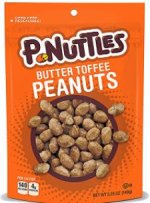
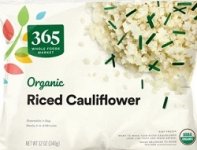
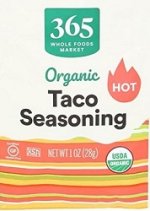
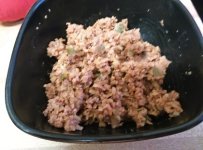
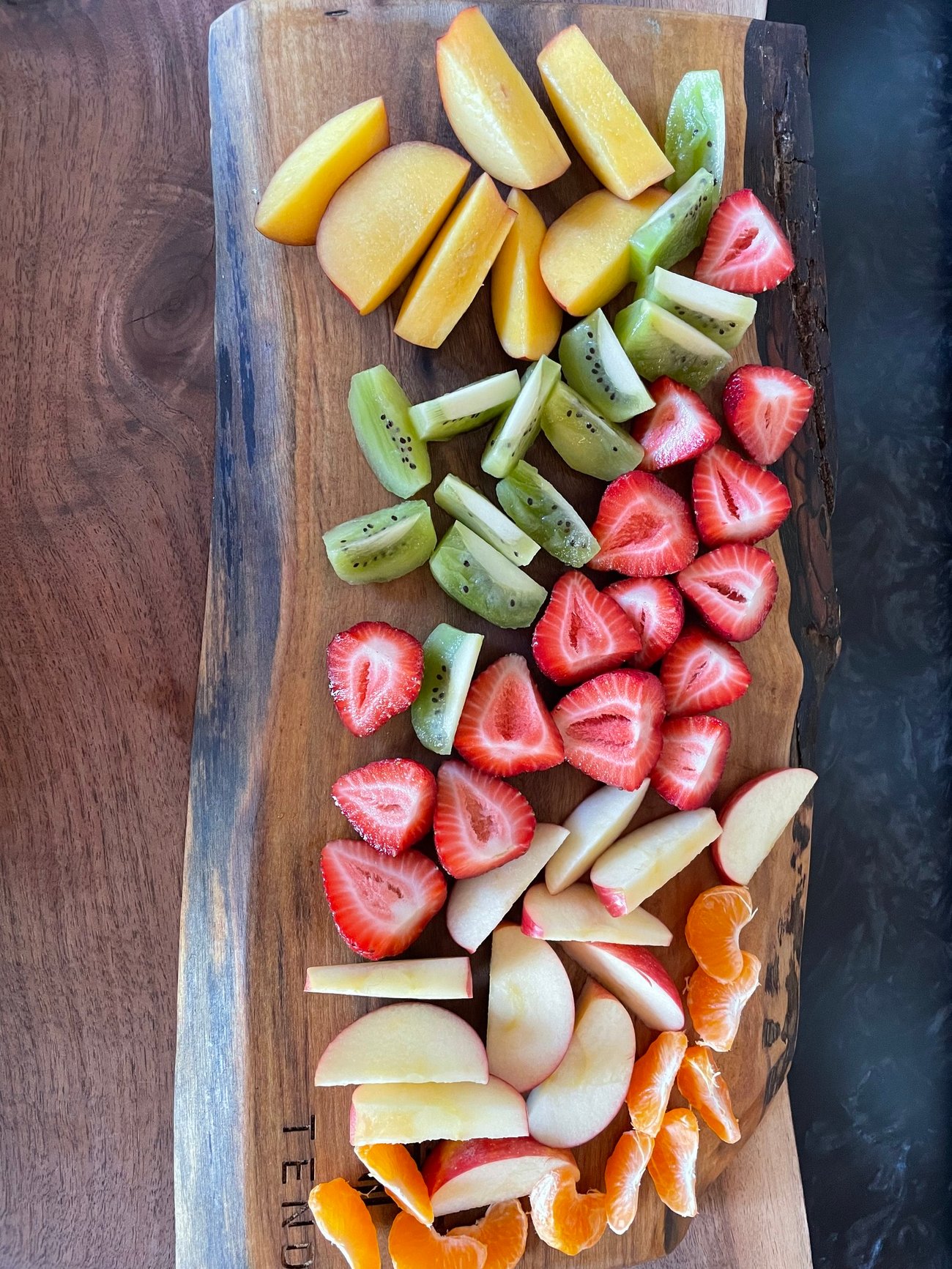
 , I think I might wait till you perfect it but really been itchin to try it but only have a couple heads worth (from garden) left till I can grow more, kinda hate to haveta buy some, homegrown tastes so much better. I love tacos and haven't had one for over 8 years now. Thank you for breakin down the seasoning recipe for me, I rarely use or trust packet stuff. How much chili powder would you use?
, I think I might wait till you perfect it but really been itchin to try it but only have a couple heads worth (from garden) left till I can grow more, kinda hate to haveta buy some, homegrown tastes so much better. I love tacos and haven't had one for over 8 years now. Thank you for breakin down the seasoning recipe for me, I rarely use or trust packet stuff. How much chili powder would you use?
